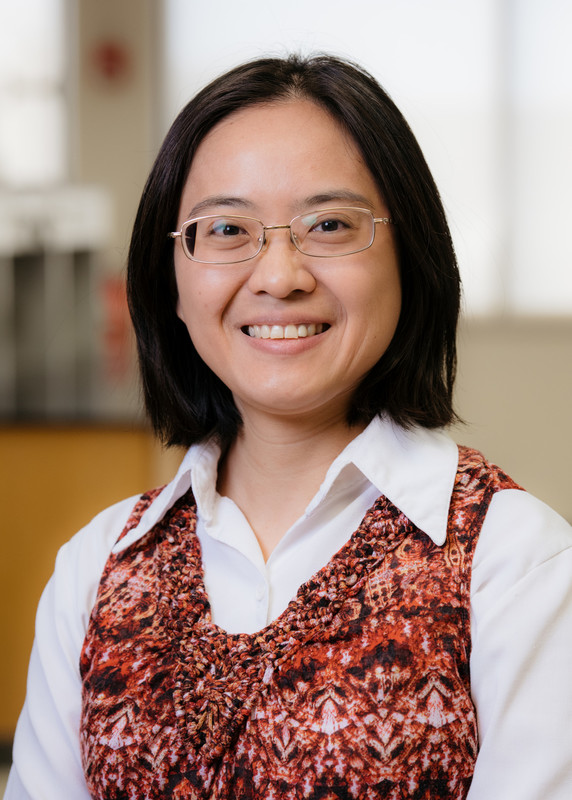 Hui-Ting Lee, Ph.D., assistant professor in the University of Alabama at Birmingham’s College of Arts and Sciences’ Department of Chemistry, has received the National Science Foundation’s CAREER award. The Faculty Early Career Development Program (CAREER) supports the development of early-career researchers and faculty who have the potential to serve as academic role models in research and education and to lead advances in the mission of their department or organization.
Hui-Ting Lee, Ph.D., assistant professor in the University of Alabama at Birmingham’s College of Arts and Sciences’ Department of Chemistry, has received the National Science Foundation’s CAREER award. The Faculty Early Career Development Program (CAREER) supports the development of early-career researchers and faculty who have the potential to serve as academic role models in research and education and to lead advances in the mission of their department or organization.
Her project titled “CAREER: Single-Molecule Study of Nucleic Acid Conformational Dynamics in Telomere” will work to understand how the slow folding process of non-canonical secondary structures affects telomere maintenance. The award, totaling $971,969, will focus on the biological function of telomere, the research will study how DNA and RNA interact with each other, while the education portion will focus on the developments in RNA biology.
“It feels good to have my work deemed important and necessary on such a prestigious scale and serves a reminder of the responsibility to continue to elevate my research,” Lee said. “I began at UAB in the fall of 2019, right before COVID hit us, and it was very hard for me to start the lab and jump between in-person and online teaching. I would not have made it without the support of colleagues and friends in my department, physics, biochemistry, molecular genetics and other departments across campus and the UA System.”
This award will support her research through 2029 on her single molecule biophysics work. Lee says this award is a testament to the continuous efforts and advancements in science education from the chemistry department.
“Chemistry is a teaching-heavy department, and instructing about 200 students per year on average in the biochemistry classrooms tells me what the student and the society lack and need,” Lee said. “This need became the proposal that NSF recognized as important, and it is this recognition (and the funding that comes with it) that will support our mission to continue and expand.”
Established by Congress in 1950, the NSF is an independent federal agency that supports science and engineering all 50 states and territories.